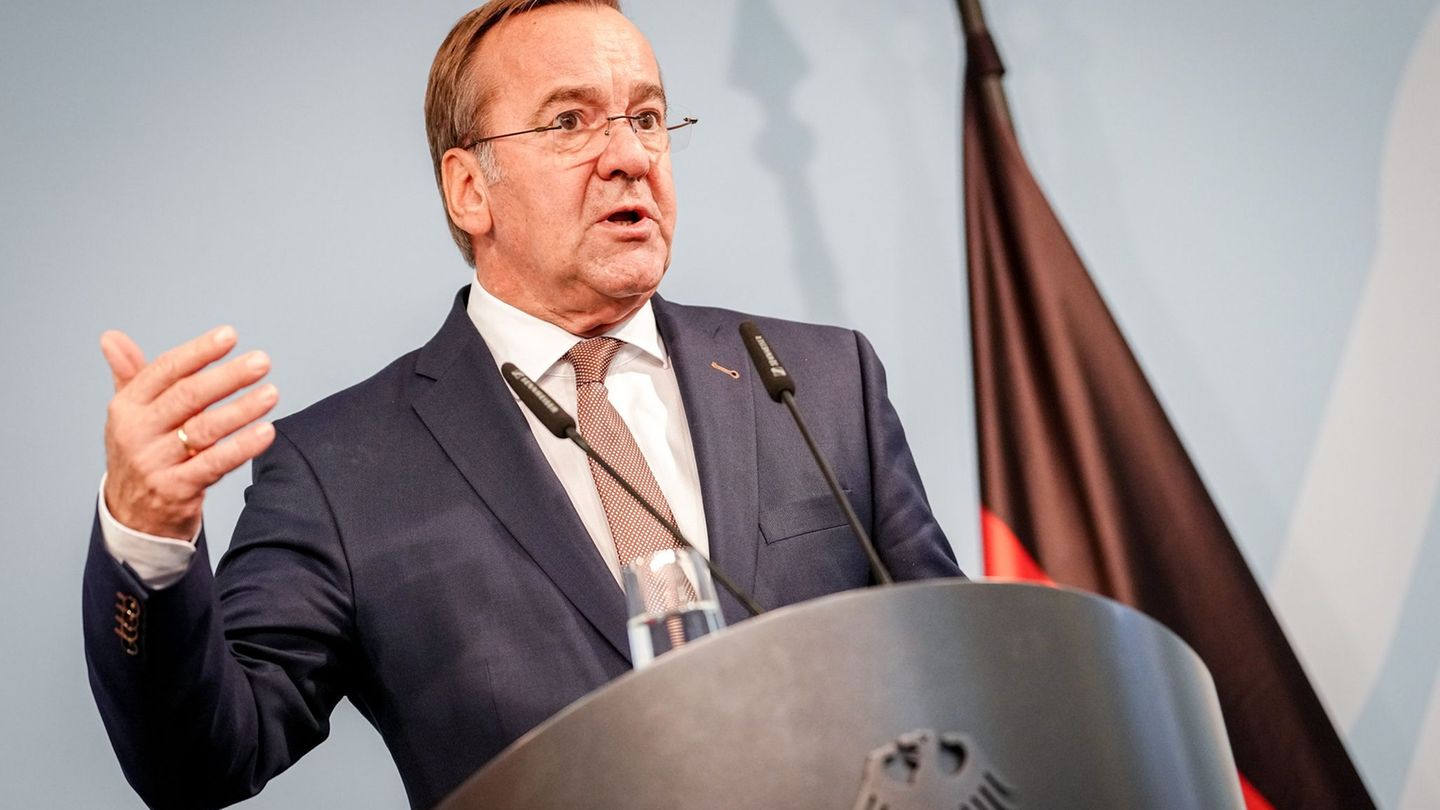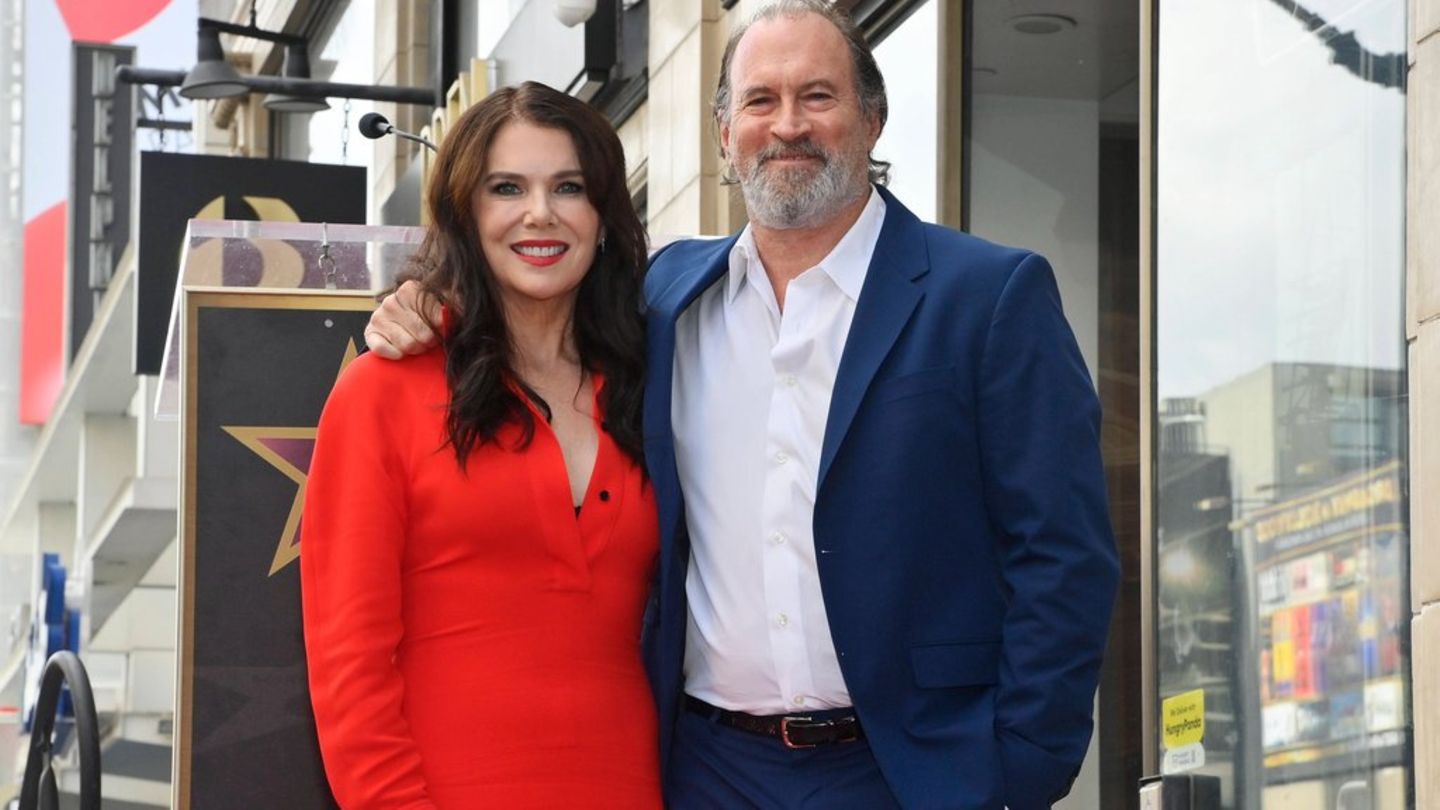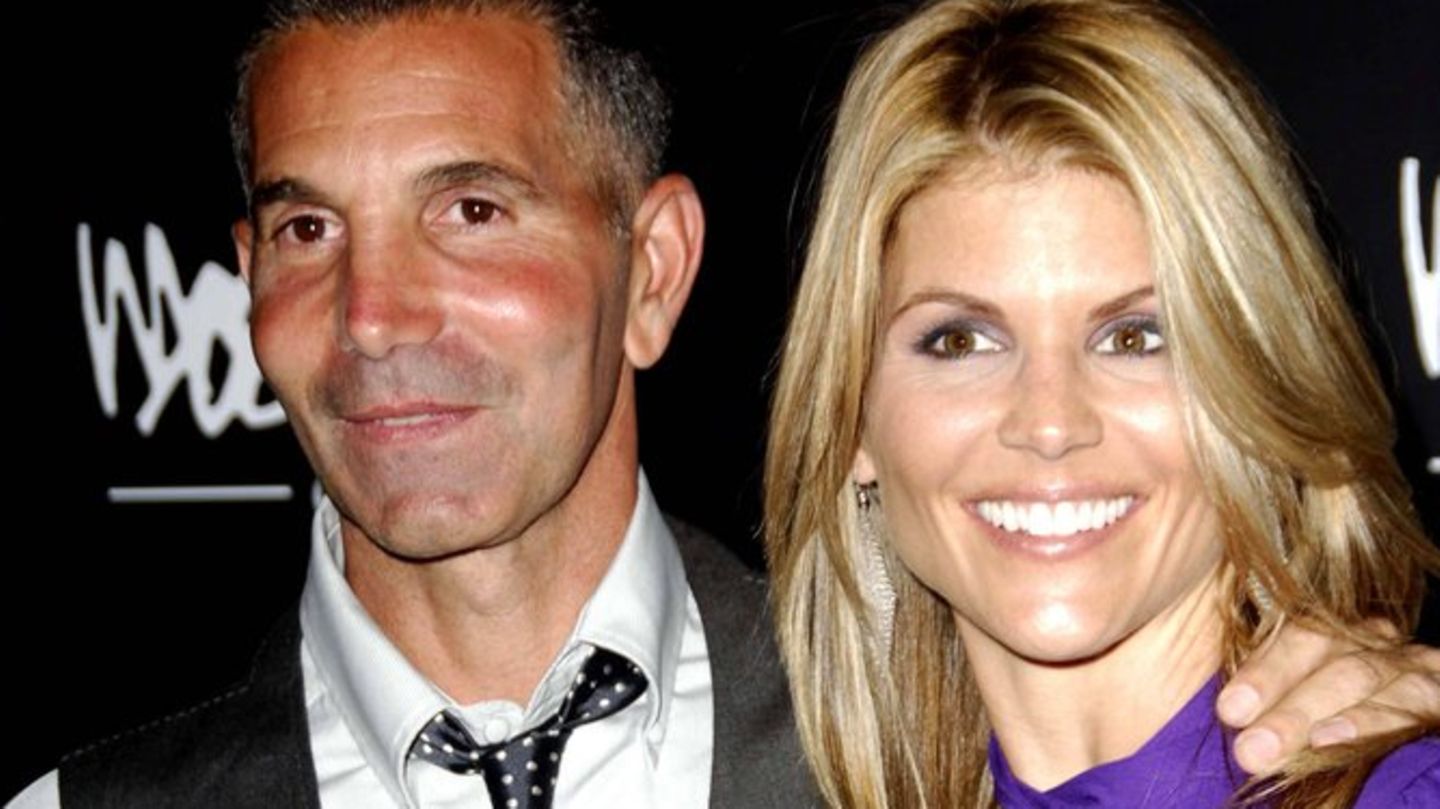As can be seen from documents available to the “Kronen Zeitung”, Kneissl vehemently opposed the Foreign Ministry’s opinion that the expensive jewelry does not belong to her personally, but is the property of the Republic. Eventually, a loan deal was signed.
The pictures of the wedding in southern Styria, in which Kneissl dances with her star guest Putin and makes a deep curtsy in front of him, went around the world. When he arrived at the Gasthof Tscheppe, Putin had brought a bouquet of flowers and a Don Cossack choir with him for the bride. It was not previously known that Putin obviously did not only offer modest wedding gifts like a butter churn: According to documents from the Foreign Ministry, according to the Kronen Zeitung, the Russian President also gave the then Foreign Minister valuable sapphire earrings.
The “jewelry laboratory” in the Dorotheum estimated the bling – “two clip-on earrings, 750 white gold”, “two sapphires, oval (…) total weight 22.9 grams” – in a report dated October 4, 2019 at a value of 50,000 euros.
The Ministry of Foreign Affairs took the view that Kneissl should not simply keep the expensive gift and informed her that the jewelry belonged to the Republic. Kneissl resisted it, and according to the newspaper report, a loan agreement was finally agreed. In the present version of the loan agreement, it was recorded at the end of 2019 that the earrings were only to be returned by their heirs after Kneissl’s death. Whether this is also the currently valid version of the contract remained open for the time being, because six months after she left the ministry, according to the documents, a veritable dispute raged between the department and its former boss over the jewels. Kneissl was apparently dissatisfied with the agreed loan conditions and spoke of a “gag contract” in an email.
Kneissl was recently in the headlines again in connection with the Russian attack on Ukraine. The former diplomat, who now lives in France, was explicitly mentioned in a report by the European Parliament as a negative example of the Kremlin’s influence on the EU. In an interview with the German broadcaster RTL, she also confirmed that she wanted to keep her position on the board of the Russian state oil company Rosneft. Her statements in the interview as to why she left Austria also caused astonishment: “I had to flee, I didn’t leave voluntarily,” said Kneissl. She had to leave the country “due to the many hostilities and the de facto ban on working”. At the same time, she emphasized that she did not regret the wedding dance with Putin.
Source: Nachrichten




